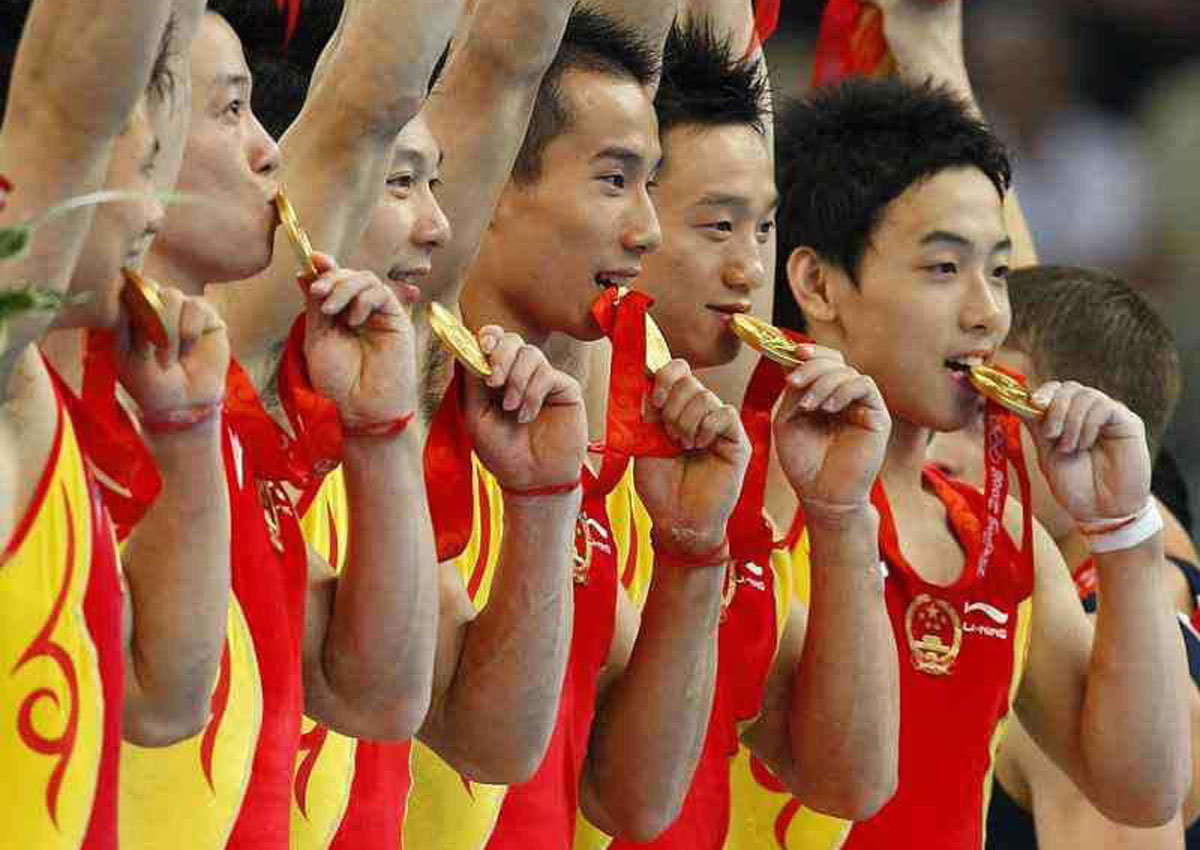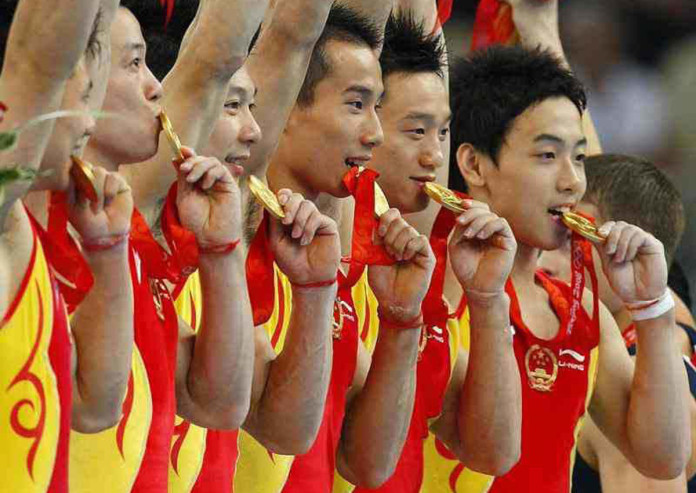BEIJING – China’s sports establishment must learn the lessons from a corruption scandal involving a former deputy sports minister, continue to root out graft, and curb a win-at-all costs mentality, the country’s top graft-buster said on Friday.
Corruption in international sport is in focus due to US and Swiss probes into football’s world governing body FIFA, as well as doping scandals that have rocked tennis and athletics.
China, which is aggressively seeking to stamp out graft in Communist Party and government ranks, has also sought to eject corrupt elements from its sports establishment, particularly within football, which has been hit by match-fixing scandals.
China was hit by two new sports graft scandals last year, with probes into deputy sports minister Xiao Tian, who sat on China’s Olympics committee, and another into the country’s then-volleyball chief.
In a statement released following a meeting on learning the lessons from Xiao’s case, the Central Commission for Discipline Inspection said the sports sector needed to do more to tackle graft and not rest on its laurels. “At the same time as fully affirming successes, we must clearly recognise the many challenges facing the development of our sports industry, and that the problems which exist should not be overlooked,” the commission’s team based in the sports ministry said. “Put effort into resolving all the problems that come from putting the winning of gold above all else that distorts the spirit of sports,” it said.
Chinese sports minister Liu Peng warned last year that China had to ditch its gold obsession if it really wanted to weed out corruption.
Chinese athletes bagged the most gold medals at the 2008 Beijing Olympics, a feat accompanied by a wave of national pride, the culmination of China’s “100 year dream” to host the world’s most prestigious sports event.
At the London Olympics four years later China came second to the United States in the medals table.
Olympic medals are generally won by a minority of government-supported athletes who get huge backing from the state and failure to perform is accompanied by massive public pressure and hand-wringing back home.
While China is far from being a winter sports power, Beijing, along with the neighbouring city of Zhangjiakou, will host the 2022 Winter Olympics.
Last month, President Xi Jinping said China must hold a Winter Olympics that is “clean as the snow”, in an indirect reference to the scandals with Xiao and another former top official linked to the Olympic bid.






